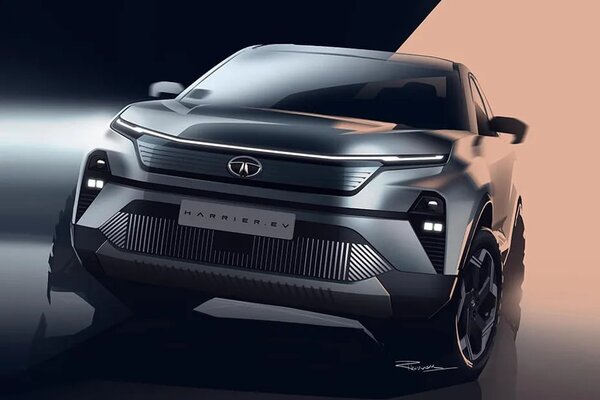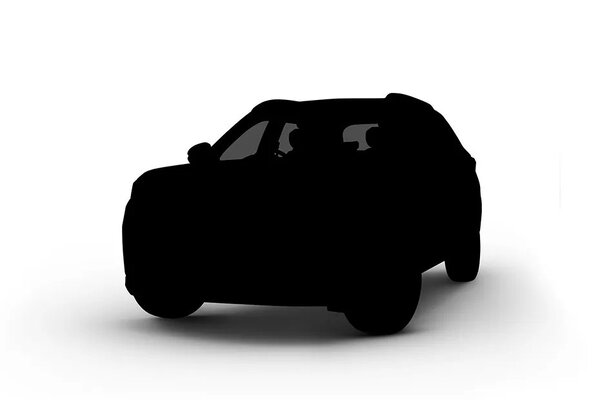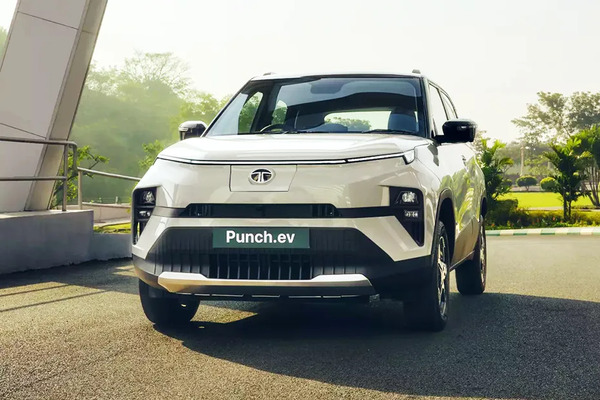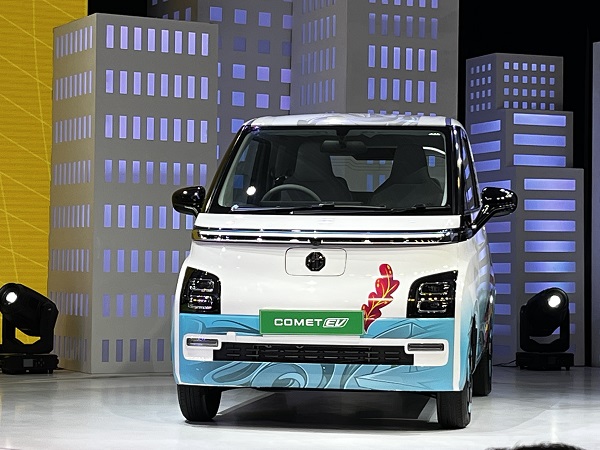Is Germany poised to slash China's dominance in EV battery manufacturing?
- The newly found lithium storage below the Rhine river is claimed to be capable of powering 400 million electric vehicles.
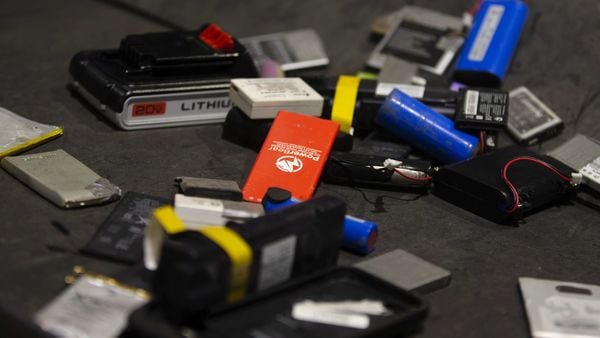

As an ingredient for the batteries needed for a low carbon economy, lithium is often referred to as white gold and Germany could become the next hotbed of lithium mining and lithium-ion battery manufacturing as well. The country which houses a host of global auto majors that are gearing up to take the electric vehicle push to the next level has recently discovered there are huge storages of lithium trapped in underground springs of boiling hot water, sitting thousands of metres underneath the Rhine river.
Also Read : Is your electric two-wheeler eligible to get FAME-II subsidy? Know here
This lithium storage is such huge that it can produce enough batteries to power 400 million electric vehicles. No wonder, this will not only reduce Germany's lithium import dependence on other countries, which is the most critical mineral for making EV batteries; it will also help Germany to slash China's dominance in the segment. Besides that, it would help the global EV industry to procure lithium-ion and EV batteries at more competitive pricing as well, which will help the automakers and battery manufacturers for sure.
Also check these Vehicles
Germany is mulling the idea to mine the area of the Upper-Rhine Valley in the Black Forest area of the southwestern part of the country, where one of the biggest deposits of lithium is believed to be located. German-Australian start-up Vulcan Energy Resources already expressed its wish to built five power stations in the area with an investment of $2 billion.
According to the company's estimates, it would be able to extract up to 15,000 tons of lithium hydroxide per year at two sites by 2024. From 2025 onwards, the second phase of extraction could see an increased output of 40,000 tons per year at three additional sites.
There have been discussions around China's dominance in the lithium-ion mining and EV battery production market. European Union countries being the major players in electric vehicle adoptions globally, aim to take the lead in this strategy. According to an estimate by the European Union, the region will need 18 times more lithium by 2030 than today and 60 times more by 2050, as the number of EVs will grow substantially by then, owing to the EV adoption deadline set by several countries.
At present, most of the lithium imported into Europe comes from the mines in Australia and South America. In Australia, hard rock lithium extraction is an energy-intensive process, in addition to the carbon cost of shipping it around the world. On the other hand, in South America, lithium is produced by the evaporation of salt flats.
These mines in Australia and South America are majorly owned by Chinese companies, giving China massive control over the lithium-ion mining industry and EV battery production as well. While Portugal too is a major lithium producer in Europe, but most of its lithium is sold to the ceramics industry, not to the EV battery producers.
Car industry's interest
The car industry is surely excited about the discovery, but they are keeping a poker face so far, because of the doubts around the timeline of commercial-scale extraction of lithium from the site in Germany.
In the last few years, the investments in conventional lithium mining projects haven't had an easy run. However, Vulcan's plan to offset the cost of lithium production from geothermal energy sales could make mineral extraction a very low-cost affair. But, that's yet to be verified in reality.
Automakers such as Mercedes-Benz, BMW are monitoring the development and plan to reassess the situation as soon as Vulcan analyzes the first explored material and forecasts delivery volumes. There are doubts for sure, but none of these automakers are ruling out the possibilities of buying German lithium, subject to meeting the quality grade, delivery volume expectation, social and environmental standards.
So far, it is clear that the entire process to commercially produce a substantial amount of lithium from the site will take time. But once the production commences, it will help in easing the growth of electric mobility for sure, considering the estimate that by 2024, Germany's domestic lithium demand will increase between 9,000-32,000 tonnes per year depending on the pace of electric mobility rollout.








 64kWh
64kWh 350 km
350 km
